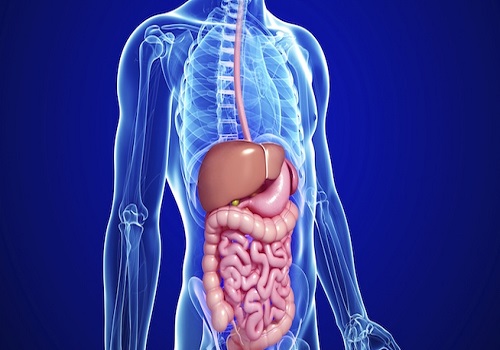Abnormal BMI in childhood can affect future lung function: Study

An abnormal body mass index (BMI) in children -- whether high or low -- can be associated with impaired lung function, according to research on Monday.
About 10 per cent people suffer from poor lung function in childhood. They also cannot achieve maximal lung capacity in adulthood, increasing the risk of serious health problems such as cardiovascular disease, lung disease and diabetes.
However, the study led by researchers from Karolinska Institutet in Sweden showed that if their BMI is normalised before they reach adulthood, the impairment can be offset.
The team followed 3,200 children from birth to the age of 24. BMI -- the most common body measurement -- which takes account of weight, but not muscle and fat composition was measured about 4 times.
The results published in The European Respiratory Journal showed that abnormal weight and height were the major risk factors associated with impaired lung function.
Children with a persistently high BMI or an accelerated increasing BMI had impaired lung function as adults. It was primarily the result of restricted airflow in the lungs, a condition known as obstruction.
However, in children “with an initially high BMI but a normalised BMI before puberty, lung function was not impaired in adulthood”, said principal investigator Erik Melen, professor of paediatrics at Karolinska Institutet.
“This highlights how important it is to optimise children’s growth both early in life and during their early school years and adolescence.”
A stable low BMI could also be linked to reduced lung function caused by inadequate lung growth. In these cases, BMI was not normalised throughout the study.
The researchers also stressed the need to focus on introducing nutritional measures, rather than focusing only on being overweight.
























